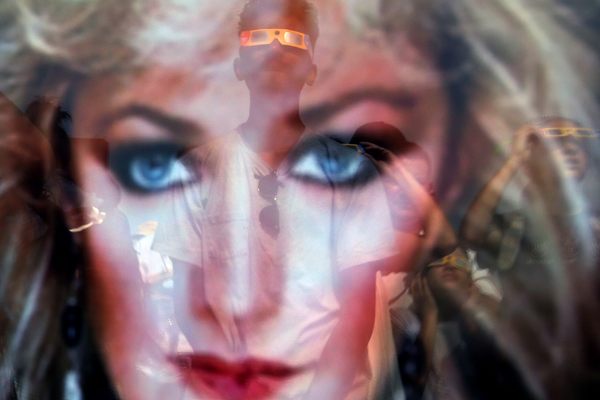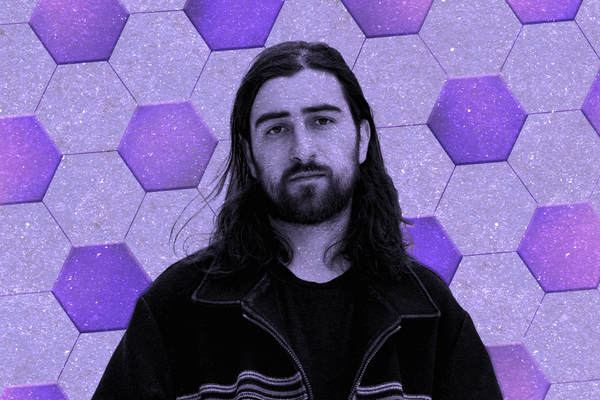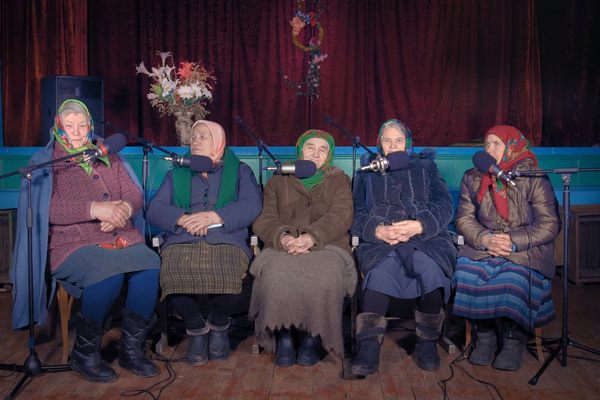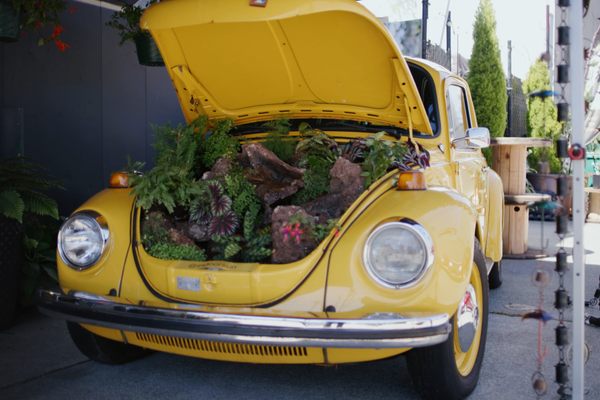The Lost Verses of Sitcom Theme Songs, From Fresh Prince to Cheers
Discover the secret lyrics of your favorite TV tunes.

There is more to the Fresh Prince’s journey than most people know. (Screenshot by Eric Grundhauser/Copyright: NBC)
Thanks to the song that plays in the opening credits, it’s easy to find out the basics of how the Fresh Prince got from Philadelphia to Bel-Air. But what was the in-flight beverage service like?
These details and many more can be found in the extra verses of the Fresh Prince theme song—the ones you don’t hear on TV. Many classic television shows have full-length versions of their theme songs that are packed with extended lyrics. Some have even been released as singles that stormed the Billboard charts.
Though television themes from all kinds of shows have been given the extra lyrics treatment, sitcom songs are especially good at having multiple verses that everyone can sing along to. What makes them so potent is their jingle-esque nature, meant to convey the entirety of a show’s tone, feel, and sometimes, story. Sitcom theme songs are distilled emotional landscapes, so it’s no wonder they translate so well to longer versions. On the extended versions, these thematic lyrics tend to get extended, creating whole new sing along sections for super-fans to call their own.
The go-to example of this kind of crossover success is the theme song to the show Friends. I’ll Be There For You, performed by The Rembrandts and written by some of the show’s producers and members of the band, is a modern feel-good classic all about the unbreakable bonds of friendship, and most people can sing (and clap) along to the parts from the show. Unsurprisingly, the extended version really hammers these friendship fundamentals home. “Someone to face the day with / make it through all the mess with,” goes one of the pleading lost verses.
Another example of this was Will Smith’s theme for The Fresh Prince of Bel Air. Also the star of the show, Smith, back when he was still rapping as The Fresh Prince, recorded the full song himself, which was cut down to the more famous version that many ’90s kids still have memorized. But the song was (and is) still so popular, that the full version, after having only been heard on the first three episodes of the show, was included on Smith’s greatest hits album in 2002. The new verses extend his zany journey to Bel-Air, including his first class experience on a plane, “First Class? / Yo, this is bad! / Drinking orange juice out of a champagne glass!”
The theme song to Full House, “Everywhere You Look,“ also had an extended version that was used sporadically throughout the show’s run and its later syndication airings. In the longer version, the joyous chorus about being surrounded by family and friends was prefaced with little-known lines that extend the singer’s need for a little old-world stability.
After wondering about the milkman and the paperboy, there are the lines: “How did I get delivered here / somebody tell me please / this old world’s confusing me / Clouds as mean as you’ve ever seen / no bird who knows your tune / Then a little voice inside you whispers / Kid don’t sell your dreams so soon.” The longer version of the song really sells the downtrodden place and yearning for old-school family values that are reinforced in the better-known sections. This song was never released as a single, but it may still be one of the most popular sitcom themes ever.
The jazzy improvisational theme song to Frasier, ”Tossed Salads and Scrambled Eggs,” which was originally meant to be performed by veteran jazz singer Mel Tormé, also has a slightly extended version that helps elucidate the meaning behind the seemingly non-sequitur song. According to an interview with one of the song writers, the titular foods were meant as a metaphor for the mixed-up psyches of Frasier’s patients.
In the extended version of the tunes, when the background chorus sings, “Now let me see if I understand you / the problem, I zigged, you zagged / and maybe I’m often misconstrued / but babe, I’ll never pull your leg,” the fact that the song is about Frasier and his patients becomes a bit clearer. Although to say that the meaning is ever completely clear would be a stretch.
Seeing songs get the extra lyric treatment was even more common in previous eras of television. In the ’70s and ’80s, a number of jingles were released as singles. The famous Cheers theme song, Where Everybody Knows Your Name, had a full-length version released that continues the world-weary laments of the show version, with new tales of woe including the horribly dated, “And your husband wants to be a girl… / be glad there’s one place in the world / where everybody knows your name.”
Other shows of the era that got long-forgotten verses included The Dukes of Hazzard, whose extended theme song, “Good Ol’ Boys,” featured even more talk about the tribulations of outlaw life courtesy of Waylon Jennings, and WKRP In Cincinnati’s longer theme song, which gave a more explicit version of the singer’s lonely journey to a career as a disc jockey in Cincinnati.
Even the unmistakable tune that opened M.A.S.H., while instrumental in the broadcast version, had full lyrics. The song, “Suicide is Painless,” was actually written for the theatrical movie M.A.S.H. that inspired the show.
Seeing sitcom theme songs really take off doesn’t really seem to happen any more, but if there is one that is dear to your heart, there’s a pretty good chance that there is a version with more lyrics, more music, and just more of whatever you liked the most about the show. For more theme songs with lyrics you never knew existed, see Family Matters, and The Facts of Life.













Follow us on Twitter to get the latest on the world's hidden wonders.
Like us on Facebook to get the latest on the world's hidden wonders.
Follow us on Twitter Like us on Facebook